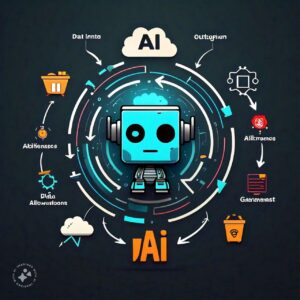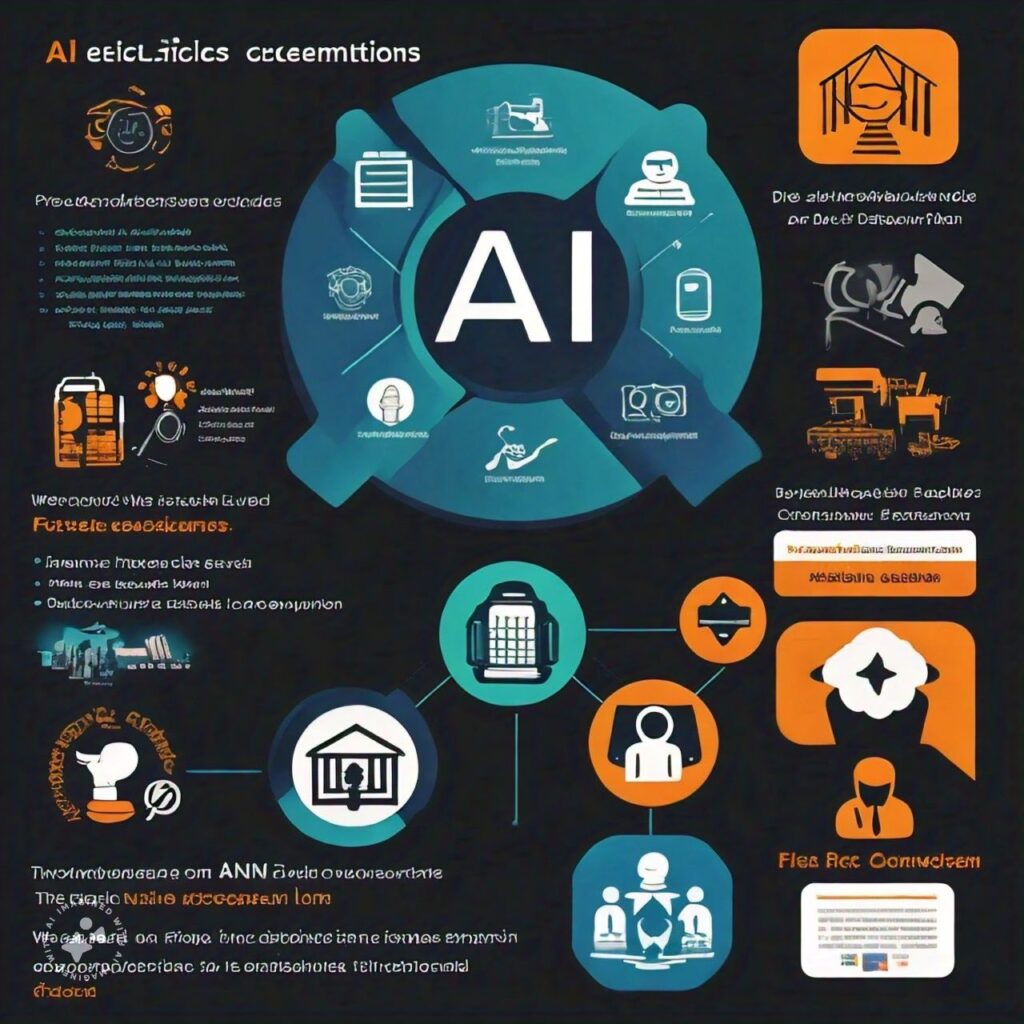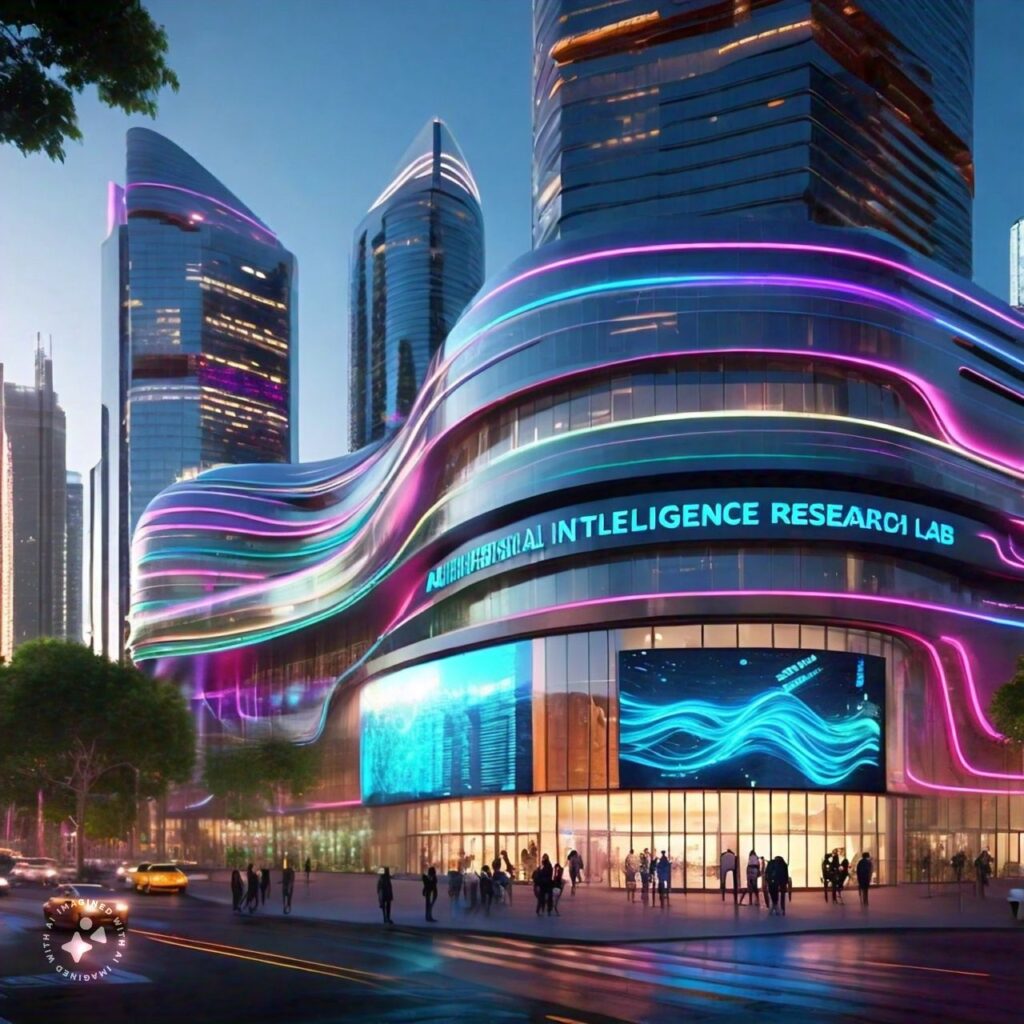Artificial Intelligence (AI) – a term that once belonged to the realms of science fiction, is now an integral part of our everyday lives. From virtual assistants like Siri and Alexa to complex algorithms powering recommendation systems and autonomous vehicles, AI is revolutionizing industries and reshaping the way we perceive technology. In this blog, let’s embark on a journey to explore the boundless potential of AI and its transformative impact on society.
Understanding AI: Beyond the Buzzwords

At its core, AI refers to the simulation of human intelligence processes by machines, including learning, reasoning, and self-correction. Unlike traditional computer programs, AI systems can analyze vast amounts of data, recognize patterns, and make decisions with minimal human intervention. This ability to learn from data lies at the heart of AI’s power and versatility.
Applications Across Industries
AI’s influence spans across diverse domains, from healthcare and finance to manufacturing and entertainment. In healthcare, AI-powered diagnostic tools can detect diseases with greater accuracy, while in finance, algorithms drive automated trading and fraud detection systems. In manufacturing, AI-enabled robotics optimize production processes, leading to increased efficiency and cost savings. Moreover, AI-driven content recommendation algorithms personalize user experiences in entertainment platforms, enhancing customer satisfaction.
Ethical Considerations: Navigating the AI Landscape

As AI becomes more pervasive, it raises important ethical considerations regarding privacy, bias, and accountability. Issues such as data privacy and algorithmic bias underscore the importance of responsible AI development and deployment. Stakeholders must collaborate to establish ethical guidelines and regulatory frameworks to ensure that AI technologies benefit society as a whole while mitigating potential risks.
The Future of AI: Opportunities and Challenges

Looking ahead, the potential of AI seems limitless. Advancements in machine learning, natural language processing, and robotics are poised to unlock new possibilities across various sectors. However, challenges such as job displacement, algorithmic transparency, and societal acceptance loom large. Addressing these challenges requires a concerted effort from policymakers, technologists, and society at large to harness AI’s benefits while addressing its potential pitfalls.
Empowering Human-AI Collaboration
Contrary to popular belief, AI is not here to replace humans but to augment human capabilities. By automating repetitive tasks and providing valuable insights from data, AI empowers individuals and organizations to achieve more. Embracing a collaborative approach, where humans and AI work synergistically, holds the key to unlocking the full potential of this transformative technology.
Conclusion: Embracing the AI Revolution
As we navigate the ever-evolving landscape of technology, embracing the AI revolution is not just an option but a necessity. By leveraging AI responsibly and ethically, we can address some of the most pressing challenges facing humanity while unlocking unprecedented opportunities for innovation and growth. With a shared commitment to harnessing AI for the greater good, we can shape a future where technology enriches lives and transforms societies for the better.
